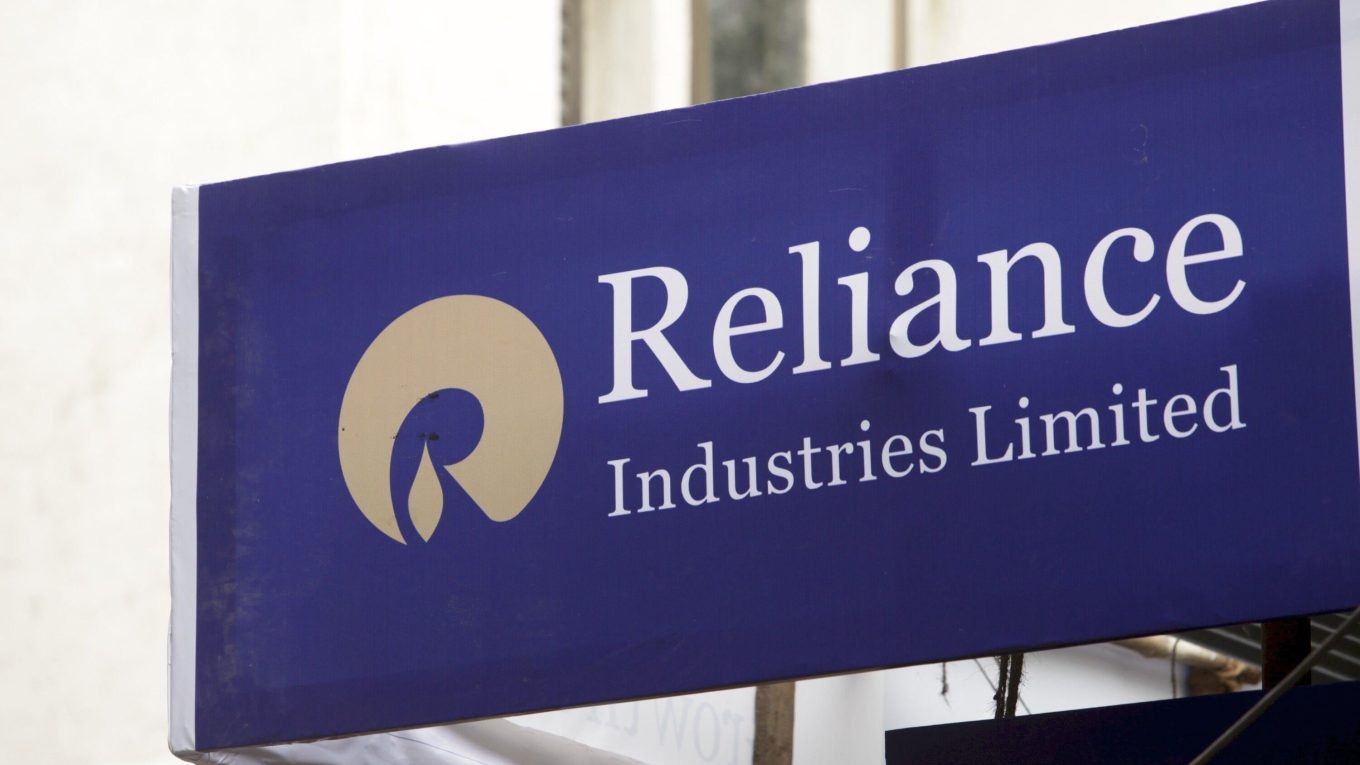Reliance Industries may transform into holding company: CreditSights
Oil-to-telecom conglomerate Reliance Industries Ltd may eventually transform into a holding company, with majority stakes in independent entities that operate the major business verticals, CreditSights, part of the Fitch Group, said on Monday.
In a report on billionaire Mukesh Ambani’s succession plans at Reliance, it said robust credit profile, aided by strong anticipated earnings outlooks for its telecom and retail segments, mitigate a poorer outlook for Reliance’s downstream oil unit amid high crude oil prices and its elevated capex needs.
Reliance recently shed more light on the conglomerate’s business succession plans, when company chairman Mukesh Ambani announced that his three children – Akash, Isha and Anant – would be inducted into the firm’s board of directors. Ambani said he would continue performing his duties as chairman and CEO for five more years.
“We view the further progress in Ambani’s succession plans favorably, considering key man risk has been a persisting concern for many investors. Ambani’s three children are also allocated leadership positions in each of RIL’s major business verticals (telecom, retail, and new energy), where we believe a clear bifurcation could avoid any future disputes among the siblings,” CreditSights said.
The succession plan, it said, does not entail an abrupt departure of Ambani, that would have disrupted operations and the company’s performance, but instead entails grooming and guiding of the next generation.
“We believe RIL could eventually transform completely into a holding company (holdco), with majority stakes in independent entities that operate the major business verticals,” it said.
“On the one hand, we believe such a structure would facilitate a clearer distinction between each divisions’ assets and cash flows, unlock stakeholder value, open more diverse funding channels, demarcate capital allocation and facilitate closer oversight since each listed vertical will have its own set of diverse shareholders and possibly board of directors.
Yet on the other hand, Reliance and its debt/ bonds would become structurally subordinated to any additional debt assumed at the operating subsidiaries, and will become more reliant on dividend upstreaming to service its debts, it said.
“We are inclined to think that RIL will remain a family owned/controlled company after Ambani hands over the reins of the individual businesses to his children. One possible arrangement could be to create a trust, owned and controlled jointly by Ambani, the 3 siblings and their family members; with RIL managed by a professional management team,” it added.
Ambani, 66, first divulged his succession plans in 2022, where he announced that each of his three children would head various divisions of the company – Akash to head telecom, Isha to head retail, and Anant to head new energy.
He has not divulged the succession plan for RIL’s mainstay oil-to-chemicals or O2C business division.
The O2C and upstream oil and gas (O&G) segments are wholly owned and held directly under RIL, while the telecom, retail and new energy segments are held under unlisted operating companies.
“Based on the past 2 AGMs, we believe Ambani’s intention is for each sibling to specialize and oversee the long-term development of his/her assigned business vertical. By having a clear allocation of the business for each of his children, we believe there will be greater clarity over each successor’s future role and responsibility. A clear bifurcation could avoid any potential disputes among the siblings,” CreditSights said.
(Only the headline and picture of this report may have been reworked by the Business Standard staff; the rest of the content is auto-generated from a syndicated feed.)
